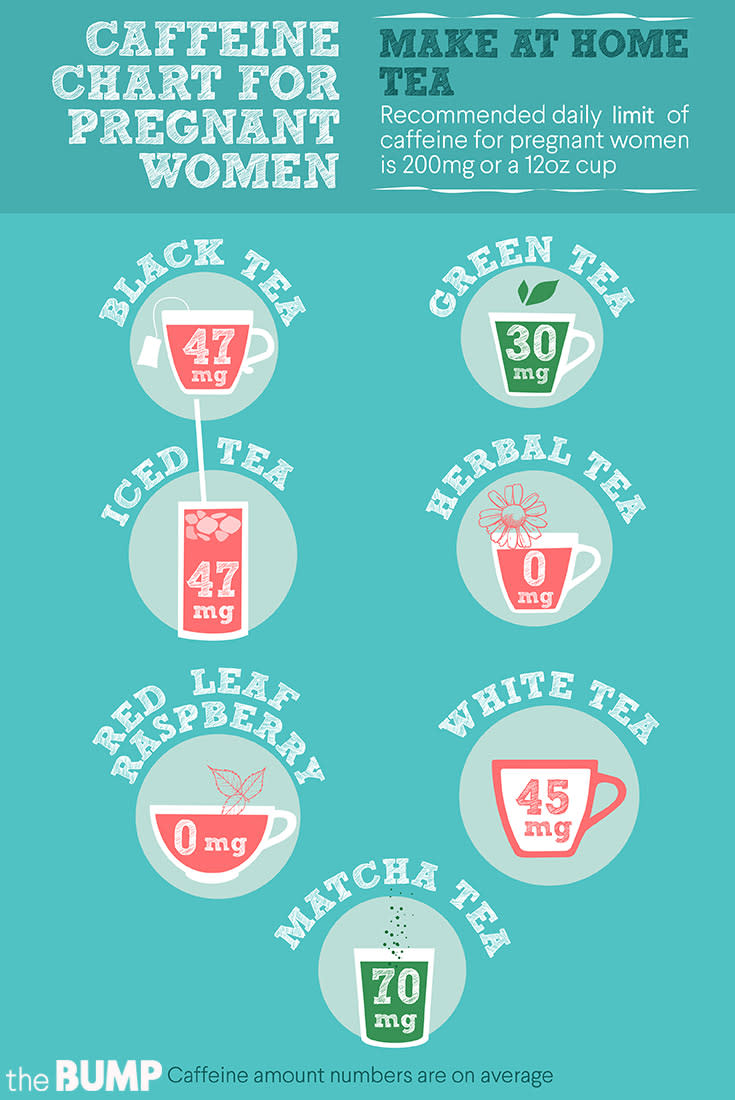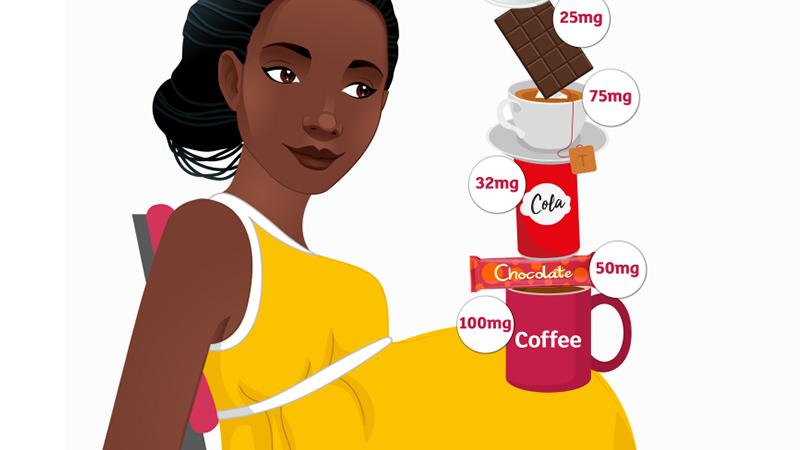
Drinking 300 mg of caffeine increased the risk of early pregnancy loss or spontaneous abortion SAB. But some experts are questioning the results.

Notably caffeine sensitivity is highly variable from individual to individual.
Caffeine affects pregnancy. Moreover caffeine exposure during sensitive windows of pregnancy may induce epigenetic changes in the developing fetus or even the germ cells to cause adult-onset diseases in subsequent generations. We discuss these research frontiers in light of emerging data. Caffeine is a stimulant and a diuretic.
Because caffeine is a stimulant it increases your blood pressure and heart rate both of which are not recommended during pregnancy. Caffeine also increases the frequency of urination. This causes a reduction in your body fluid levels and can lead to.
The risk of miscarriage low birth weight and other adverse effects due to higher intakes of caffeine during pregnancy remains largely unclear. Other negative side effects of caffeine include high. A new study on caffeine consumption contradicts current guidelines allowing two cups of moderate-strength coffee during pregnancy.
But some experts are questioning the results. Rodent studies revealed that caffeine exposure during specific stages of pregnancy may disrupt embryo transport embryo development embryo implantation and placental function leading to pregnancy complications. Notably caffeine sensitivity is highly variable from individual to individual.
Pregnancy symptoms such as nausea and vomiting in early pregnancy are predictive of a healthy pregnancy and as alluded to above are often accompanied by a spontaneous reduction in caffeine intake122 123 Accordingly it was long ago hypothesised that the association between negative pregnancy outcomes and maternal caffeine consumption could be due to a tendency among women. Because caffeine is a diuretic it can also affect the nutrition your baby receives from you. Caffeine intake may cause you to absorb less iron and calcium from foods a possible detriment to your babys overall fetal development.
Coffee and Miscarriage Recent studies have focused on the effects of coffee intake during pregnancy. Caffeine intake in pregnancy is associated with problems for the baby during and after pregnancy. What is known is that caffeine does pass from mother to baby across the placenta during pregnancy and in breastmilk after birth.
Unborn babies are less able to break down caffeine than adults. Thus the greatly increased half-life of caffeine during pregnancy could produce adverse effects at a consumption which although considered as high is not excessive under normal conditions. This possibly explains the observation that heavy coffee drinking during pregnancy is linked to.
Study reveals that consuming caffeine as little as half a cup of coffee a day during pregnancy on an average results in slightly smaller babies than when caffeine. Caffeine can also lead to heartburn by causing the production of stomach acid. These effects may be more noticeable as your pregnancy progresses.
Thats because your bodys ability to break down caffeine slows so you end up with a higher level of it in your bloodstream. Drinking 300 mg of caffeine increased the risk of early pregnancy loss or spontaneous abortion SAB. Drinking 600 mg of caffeine more than doubled the risk of miscarriage.
Caffeine did not however impact the time it took for couples trying to conceive naturally to get pregnant. First side of effect of consuming caffeine during pregnancy is the low weight of the baby birth. Although The March of Dimes claims that caffeine brings very small effect on the birth weight recent research shows that consuming too much caffeine during the pregnancy can reduce the babys weight.
Recent an- imal studies with physiologically relevant dosages have begun to dissect adverse effects of caffeine during pregnancy with respect to oviduct contractility embryo development uterine. High caffeine intakes during pregnancy greater than 400mg per day have been shown to increase the risk of miscarriage and sudden infant death syndrome. Additionally a recent study examining caffeine consumption in 2500 pregnant women showed negative effects on.
One study found that the amount of caffeine ingested while pregnant wouldnt have an effect on the babys sleep during the first three months of their life. Researchers at the University of Pelotas looked at the children of nearly 900 women who consumed caffeine in pregnancy. Caffeine consumed during pregnancy can change important brain pathways that could lead to behavioral problems later in life according to new research.
Researchers analyzed thousands of brain scans.